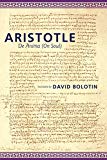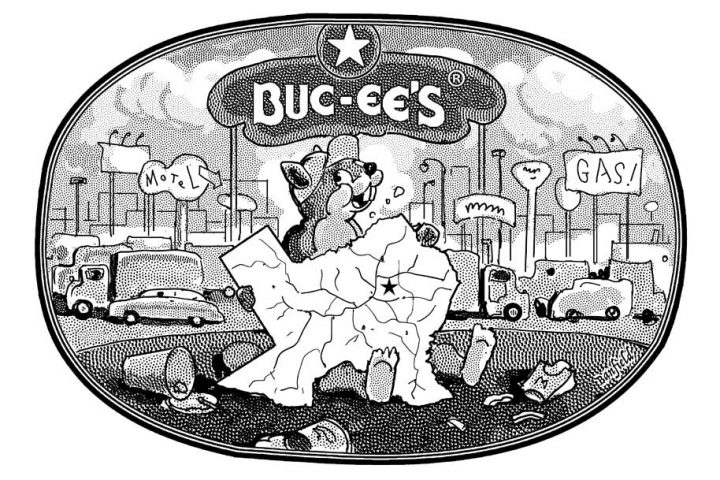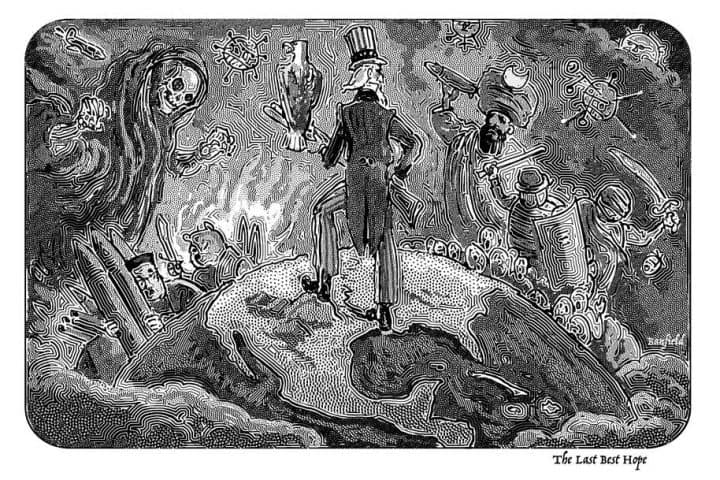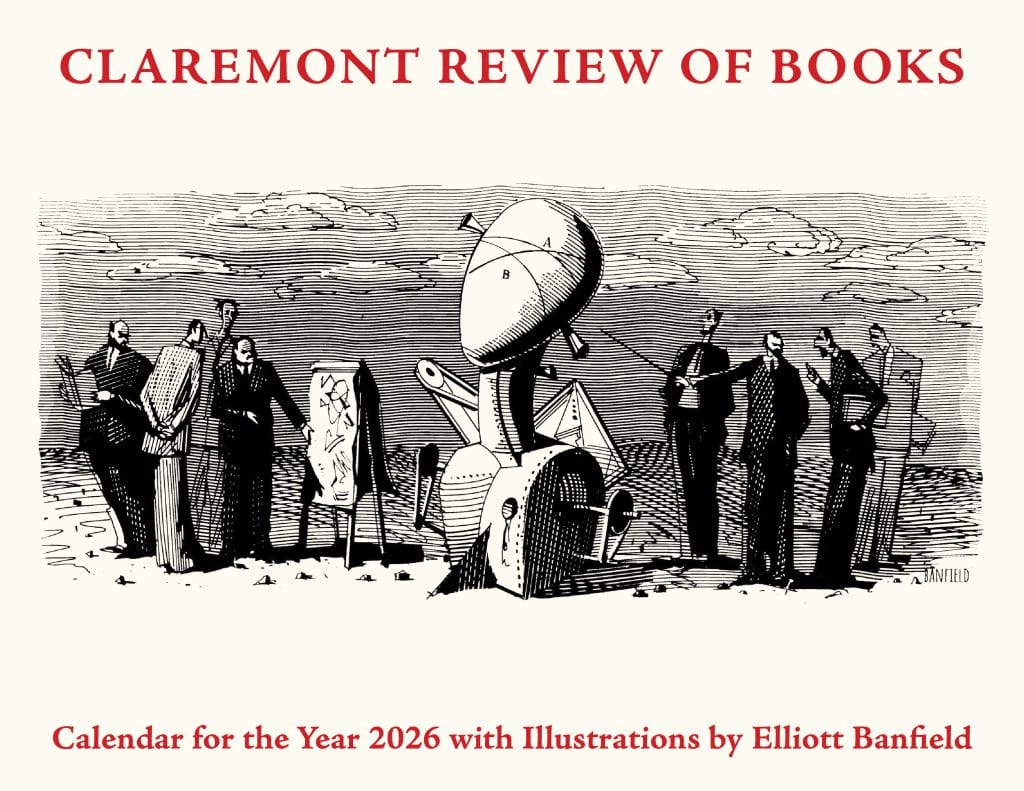Books Reviewed
The soul is the most difficult and paradoxical thing in the world. In classical thought the soul is our form, which activates and animates the matter of our bodies and makes us rational and free beings. It thus provides our access to metaphysical being itself—the understanding of everything that is. The soul is the space where the light of philosophy shines.
In Christianity the soul came to be understood as the spark of the divine or the image of God, and also immortal. (This latter view is ascribed to Aristotle by the disciples of Saint Thomas Aquinas.) A bit later, with the birth of modern science, the soul vanishes altogether. We speak today of the soul largely metaphorically and call the hard sciences “soulless”—by which we mean that chemistry, physics, and information technology are cold, deterministic, and heartless. (The soul is not the same as the heart, but they go together.) In a more than metaphorical sense, however, modern science emerged specifically in opposition to any notion of the soul as the completion of the body. The ancients thought the soul the opposite of a metaphor; it makes the body real—but it does so in a way technology cannot grasp. Modernity sets aside the soul as irrelevant, outside the scope of scientific measurement, and, hence, a non-entity. But even modern science admits it has difficulties explaining consciousness—the residue of the soul in beings that think.
* * *
David Bolotin, retired after a distinguished career at St. John’s College in Santa Fe, believes Aristotle can provide useful instruction here. Indeed, he takes the philosopher so seriously on this matter that he has performed the monumental task of translating Aristotle’s short, dense treatise On Soul, plumbing the deepest wellsprings of the manuscript tradition in order to reconstruct what he believes to be a more faithful rendering of the original.
Though hardly as popular as the Nicomachean Ethics or Politics, On Soul already has several other English translations (often titled with the Latin formulation De Anima). Hippocrates Apostle’s version, the preferred edition through the 1980s and ’90s, was a great improvement in its fidelity to Aristotle’s intentions over Sir David Ross’s supercilious standard. But it retained many of the Latinized terms originated by the Scholastics, e.g., “substance” for ousia, “actuality” for entelechia. This deference to the medieval tradition has fallen out of favor, with Latinized terms being viewed as too burdened with the accretions of Thomistic philosophy, obscuring the meaning of the original Greek. The more popular current translation seems to be that of Joe Sachs, which leans very much in the other direction. Sachs, whose interpretive approach has been influenced by Martin Heidegger, opts for cumbrous Anglo-Saxon neologisms: “thinghood” for ousia, “being-at-work” for energiea, and, almost ludicrously, “being-at-work-staying-itself” for entelechia. Many commentators find these Teutonic compounds artificial and distracting. Sachs does, however, provide very welcome bonuses for the beginning student: a lengthy interpretative introduction, index, and glossaries in English-to-Greek and Greek-to-English. The Apostle edition also includes an index and a glossary, but omits a substantive introduction in favor of a brief preface.
* * *
Bolotin’s translation steers a moderate course of virtuous elegance, where possible, relying on copious footnotes (happily, not endnotes) to add connective muscle to the joints of the text. These notes take the place of a separate introductory commentary, discussing his diligent examination and weighing of the source material as it has come down to us. In terms of word choices, he renders ousia simply as (the noun) “being,” and entelechia as “completion.” While generally eschewing Latinisms, he is not dogmatic on the point, and in a lengthy footnote explains why he settled on “actual” or “actuality” for energeia. At times he is confident enough to be inconsistent: “The Greek word that I have translated as ‘capacity’ is dunamis, which I earlier translated as ‘potentiality.’ I will on occasion also translate it as ‘power.’” Throughout, wherever the text requires some explanation, a note supplies helpful commentary, even providing in some cases tantalizing hints at what he implies may be Aristotle’s more subtle intentions.
But why does any of this matter? Such is our modern confusion that many readers may be completely unaware even of the existence of a pre-Christian conception of soul, and wonder further why Aristotle’s commentary on this subject would be relevant to us today. Perhaps the answer lies in the most vital question one can ask of oneself: why am I alive? This can be understood as several different questions: In what sense am I a living creature, as opposed to a lifeless mass? Why is anything alive; how did life in the universe come to be at all? What am I alive for, to what end or purpose? Each of these inquiries—biological, ontological, and philosophical—can find answers, or at the least the beginnings of answers, by looking to the soul.
Aristotle, the first biologist who minutely examined the anatomy of cuttlefish, was no disparager of the body. Yet for all its astonishing complexity, the body is inert without the soul, which is the “source of motion,” the animating principle of our desires, choices, and actions. Motion, which includes growth and reproductive generation, is for him an essential feature of life. Generation points to every soul’s longing “to make another like itself [to] share in the eternal and divine insofar as they are able; for all things reach toward that.” This stretching toward “the immortal and everlasting” appears also in the soul’s capacity for contemplation, by which the soul is connected somewhat mysteriously to the “thinking” that is evident in the universe. Quite apart from any particular conception of God or an intelligent designer, the universe exhibits a coherent order, including the regular paths of the heavenly bodies and the various species of living organisms that eat, move, and perpetuate themselves in orderly ways. Aristotle considers all this to be evidence of a kind of cosmic “thought” in which the soul somehow shares or participates.
* * *
All these matters and more—including the crucial relationship between perception and imagination—are addressed in Aristotle’s compact treatise, which no translation, however able, can render simple or easy. In fact, the one significant criticism one can make of Bolotin’s effort is that other than the footnotes (which sacrifice in comprehension, at times, what they make up for in precision) he offers little supplementary aid to the novice. Without a commentary or interpretative essay, glossary, or index, it seems unlikely that this edition will displace Sachs’s as the preferred choice for the beginner. But David Bolotin’s probing and fresh reappraisal of the source material, which admirably serves his intention of treating Aristotle with the utmost philosophic seriousness, will be a delight and treasure to scholars investigating the enduring puzzles and perplexities of the human soul.







